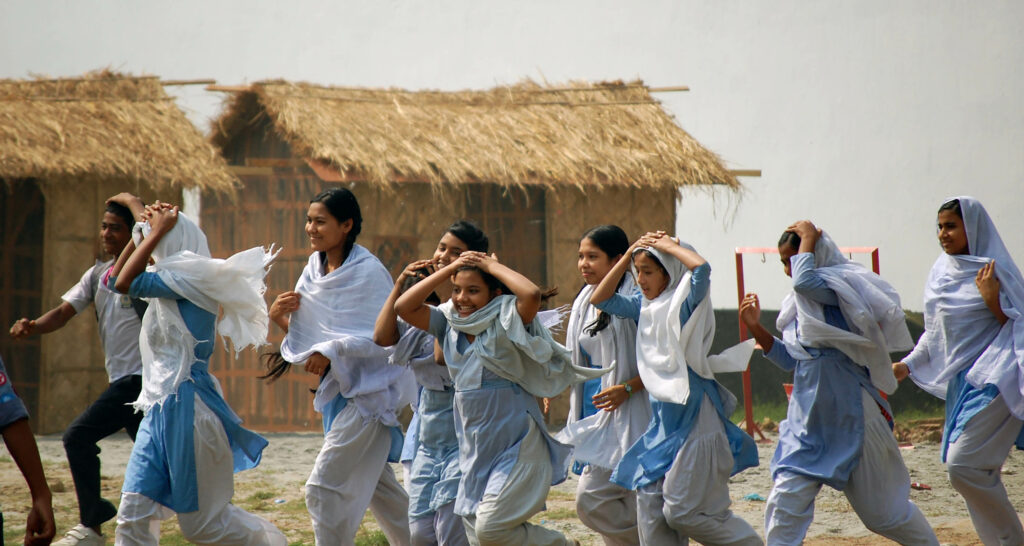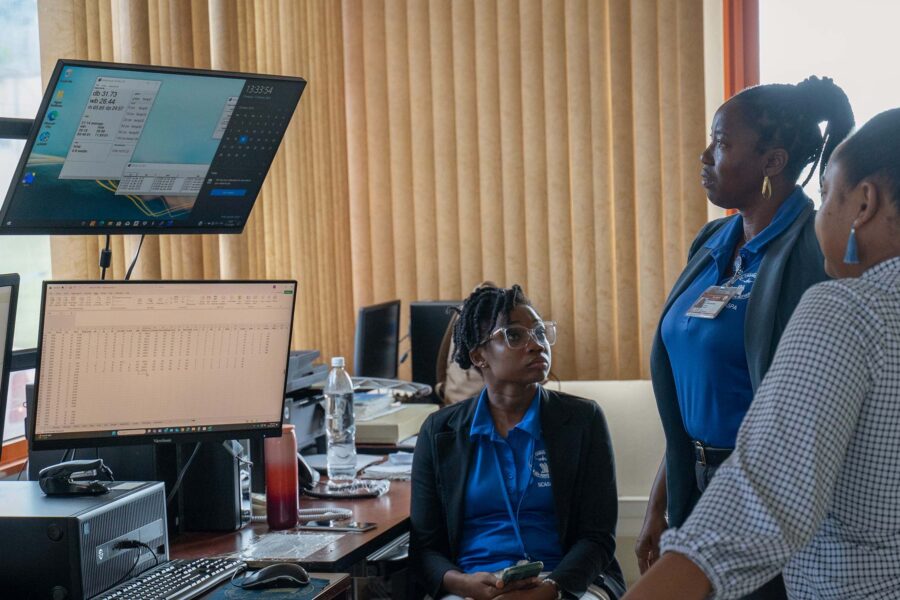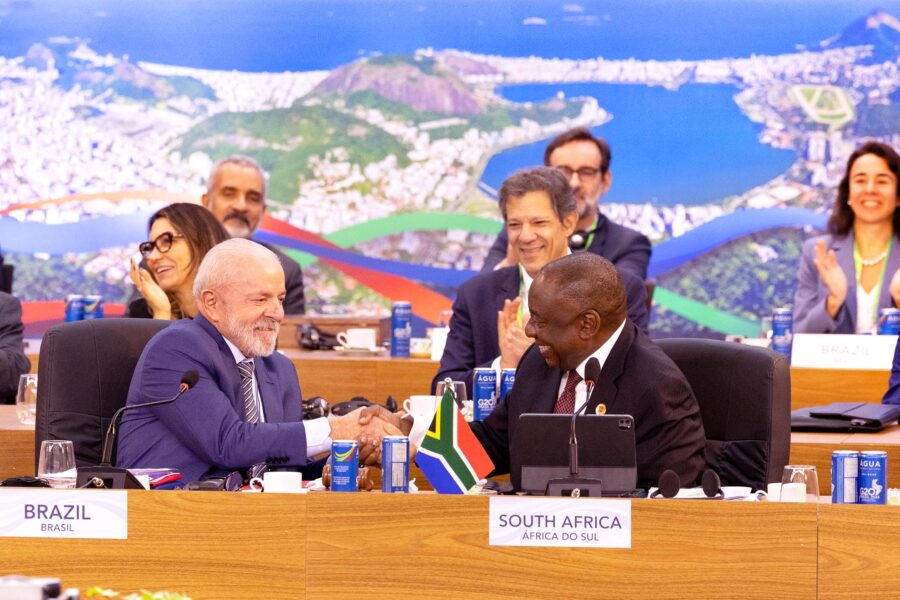Unlocking the power of knowledge for climate action
We are fortunate to possess an abundance of data that alerts us to the nature and potential impact of climate threats and that can also guide our response. We are not effectively using this knowledge. The human barriers slowing progress must be removed
Climate — Global

The ability to collect and share knowledge is what differentiates humans from most of the other animal species on the planet. We have the power to understand our world in the aggregate, collecting data that goes far beyond any individual experience, and the power to combine insights from the present and the past to plan for the future.
Data is a tool for change. It is temperature data that shows beyond doubt the undeniable reality of a warming world, and mortality data that shows the terrible price being paid. Data is how we develop solutions: in Senegal, data means the government can track and tackle deforestation, can get the right crops to farmers suffering the effects of a changing climate, and can manage increasingly scarce water resources.
Right now we have more data on our changing climate available than ever before. We should have the clearest possible picture of what to do and how to do it, and there should be no justification for delay or compromise with the reality of environmental breakdown.
But instead we are seeing a flood of misinformation which hampers effective campaigning; policies based on short-term commercial imperatives rather than social interests; and politicians still able to get an audience for outdated and disproven arguments about the relative costs and benefits of effective action.
We can’t lay all the blame for political stalemate at the door of poor data, but we are not helping ourselves. We are not pooling this incredible resource, created by centuries of human ingenuity and discovery, and using it to create shared understanding and drive urgent action, or putting it at the service of all those who want to create change.
Reliable global climate data relies on a good data collection system in every country, but across Africa, only one quarter of observation stations are reporting data that meets international standards. Even where the data exists, official inertia and complacency can mean it is not used, risking lives as warnings are ignored.
We keep trying to fix this problem by creating just one more data platform, one more app, one more search tool. But that’s not the solution.
Human barriers
The barriers to fully using the power of data to fight climate are human, not technical. It is institutional rivalries, commercial interests, and political inertia that keep us from harnessing the full might of data to tackle the climate crisis.
These are hard problems to solve, and require political solutions. Using the power of data to fight climate, tackle misinformation and drive political action requires three things:
- Money. A UN/World Bank survey suggested that in two-thirds of low and lower-middle income countries, statistical agencies lack sufficient resources to meet their data needs. Despite the huge new opportunities of the data revolution, funding for data from external sources has remained almost static for nearly 10 years.
- Leadership. Institutions both inside and outside of government hoard data because they think that it gives them power. Companies hoard data in the name of commercial advantage. We need to shift the culture from data hoarding to data collaboration, to bring the full power of data to bear on climate change. This means leadership from the top, creating incentives to manage data in ways that make it shareable and easily combined, and incentives to use the data that is available to inform decisions, even if it isn’t what the leadership wants to hear.
- Skills. People can only do the things they know how to do. Many institutions suffer skills gaps, as investments in education lag behind the developments in technology. Once gained, skills are not being combined in ways that can bring the combination of technical and human insights to bear on creating data systems that are accessible and useful to those who can use them to solve problems. We need education and training programs that increase technical and non-technical data skills at the same time, and encourage people to see all sides of the data challenge.
It is knowledge translated into action that will save us from climate change. It is indefensible that we are not using the world’s best knowledge to solve this worst of problems. For all our sakes, this must change.





